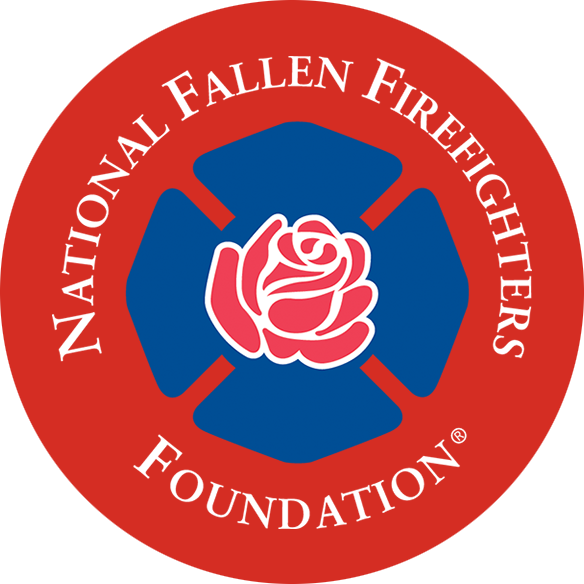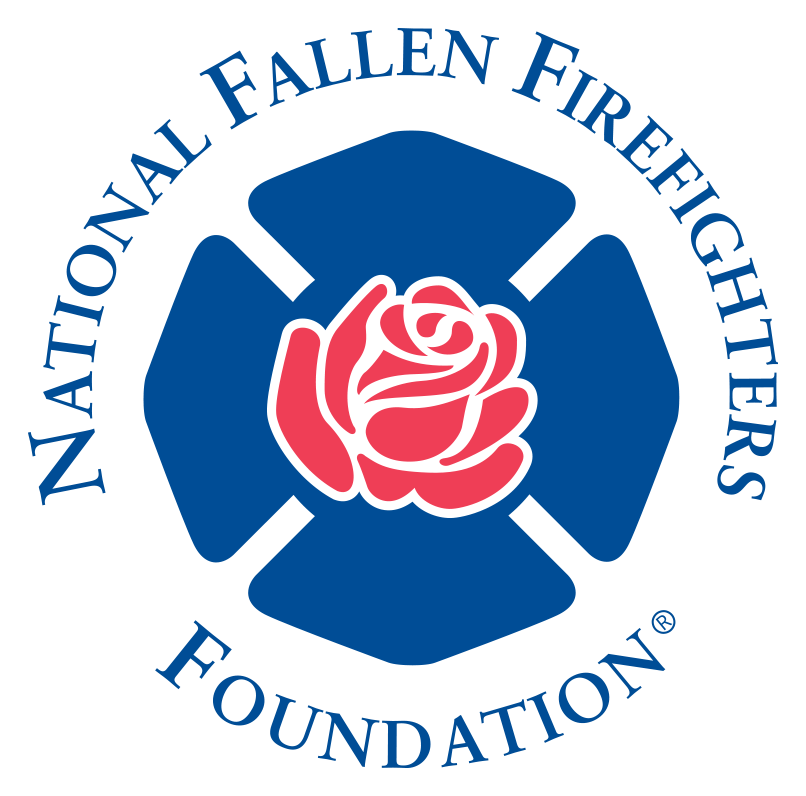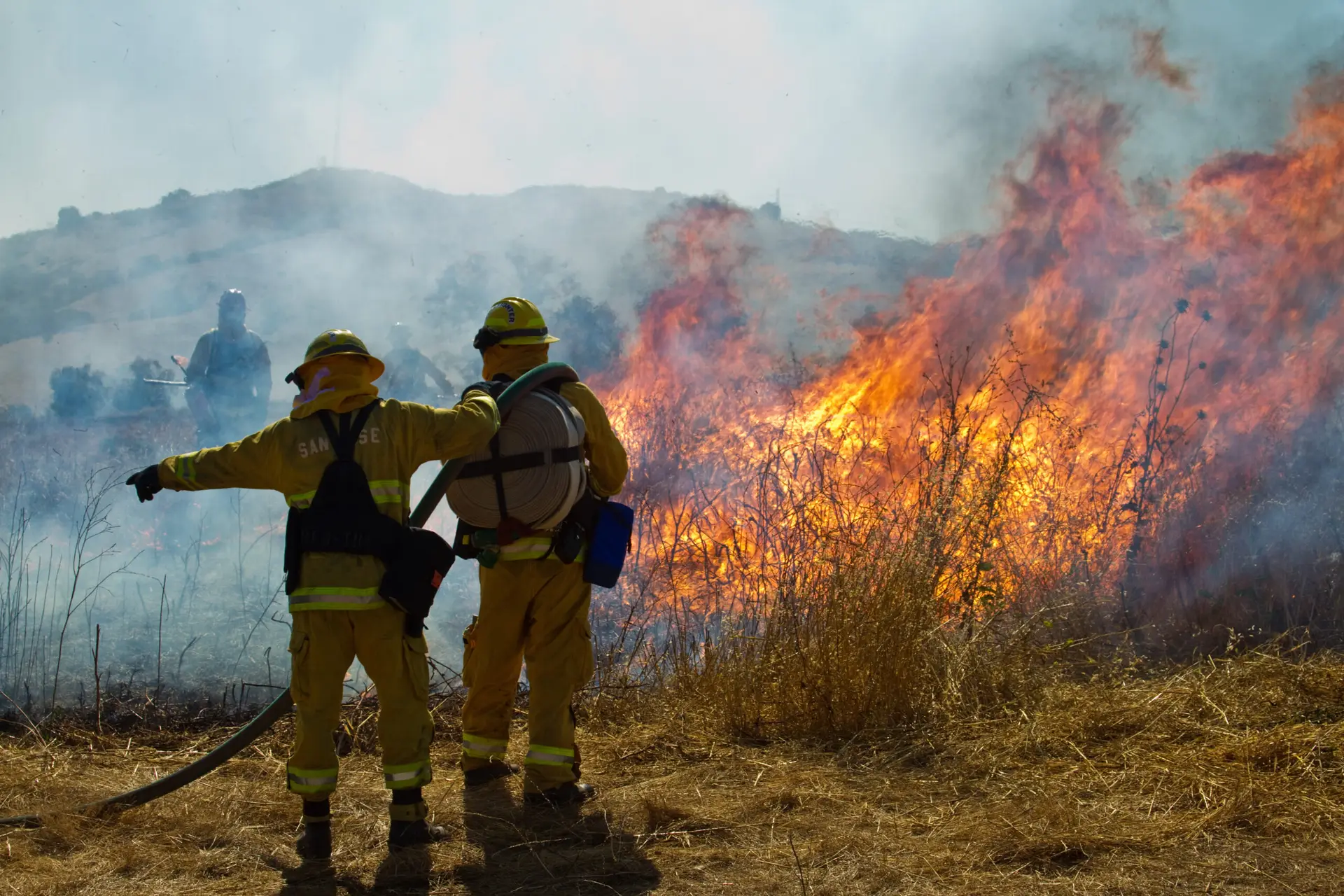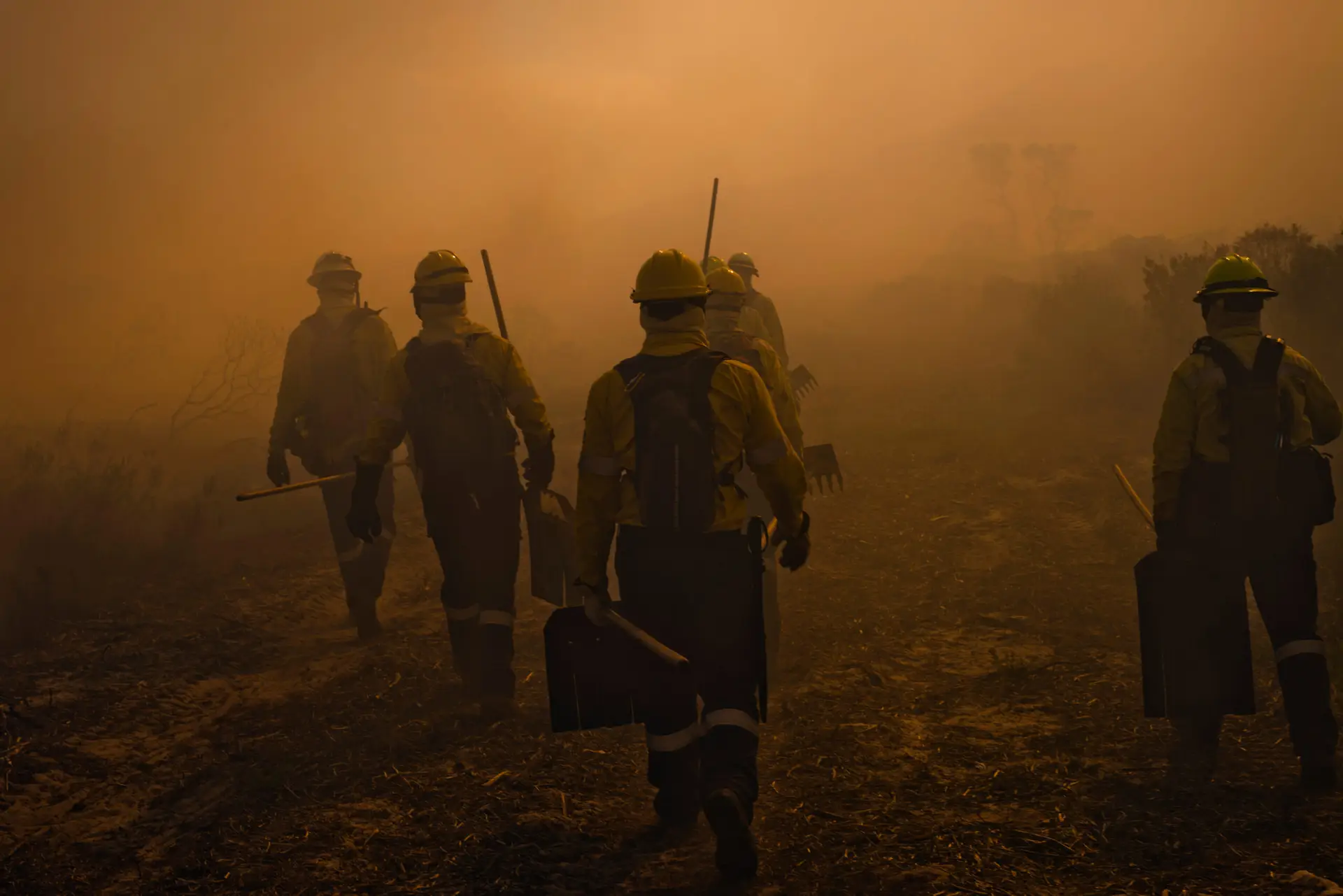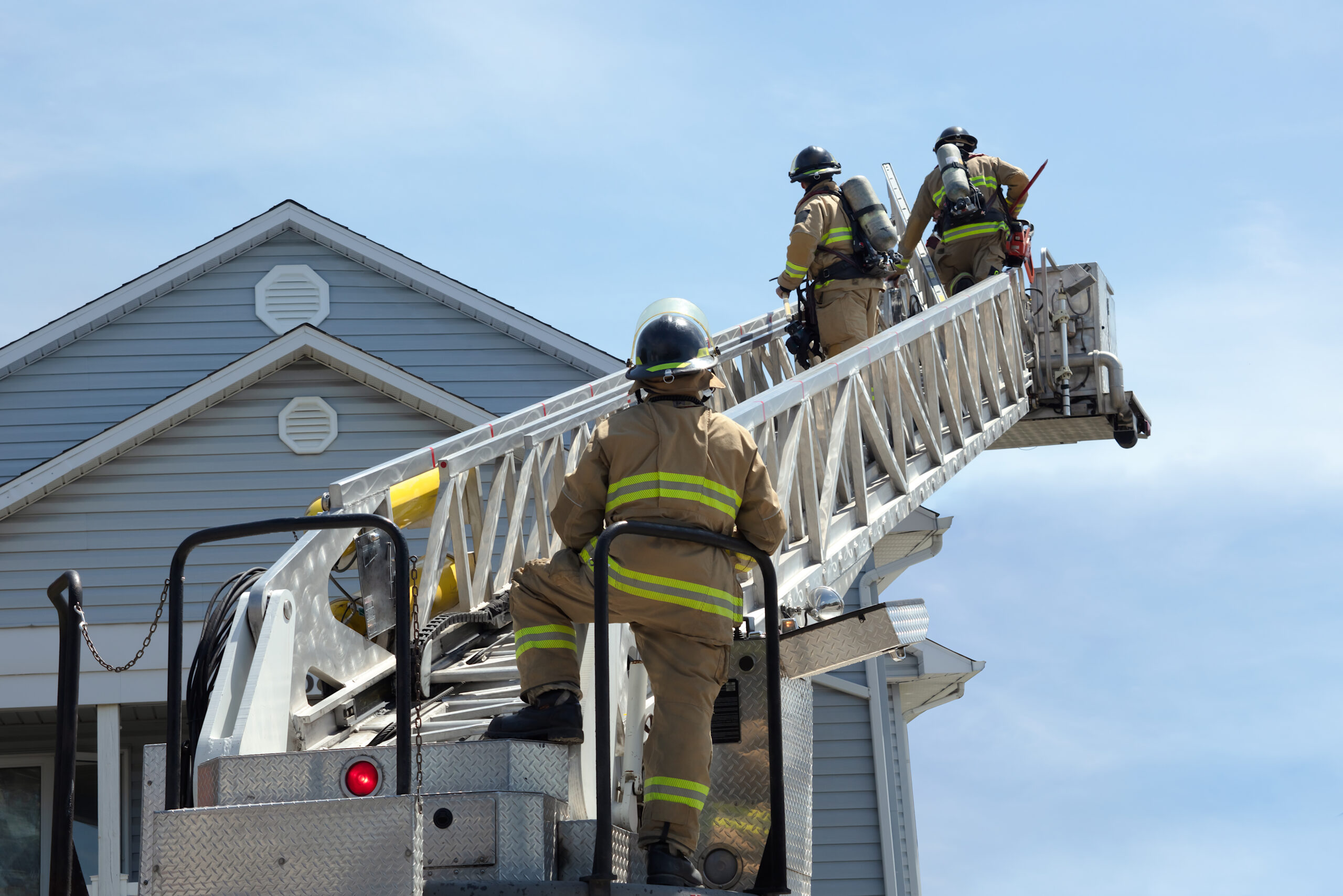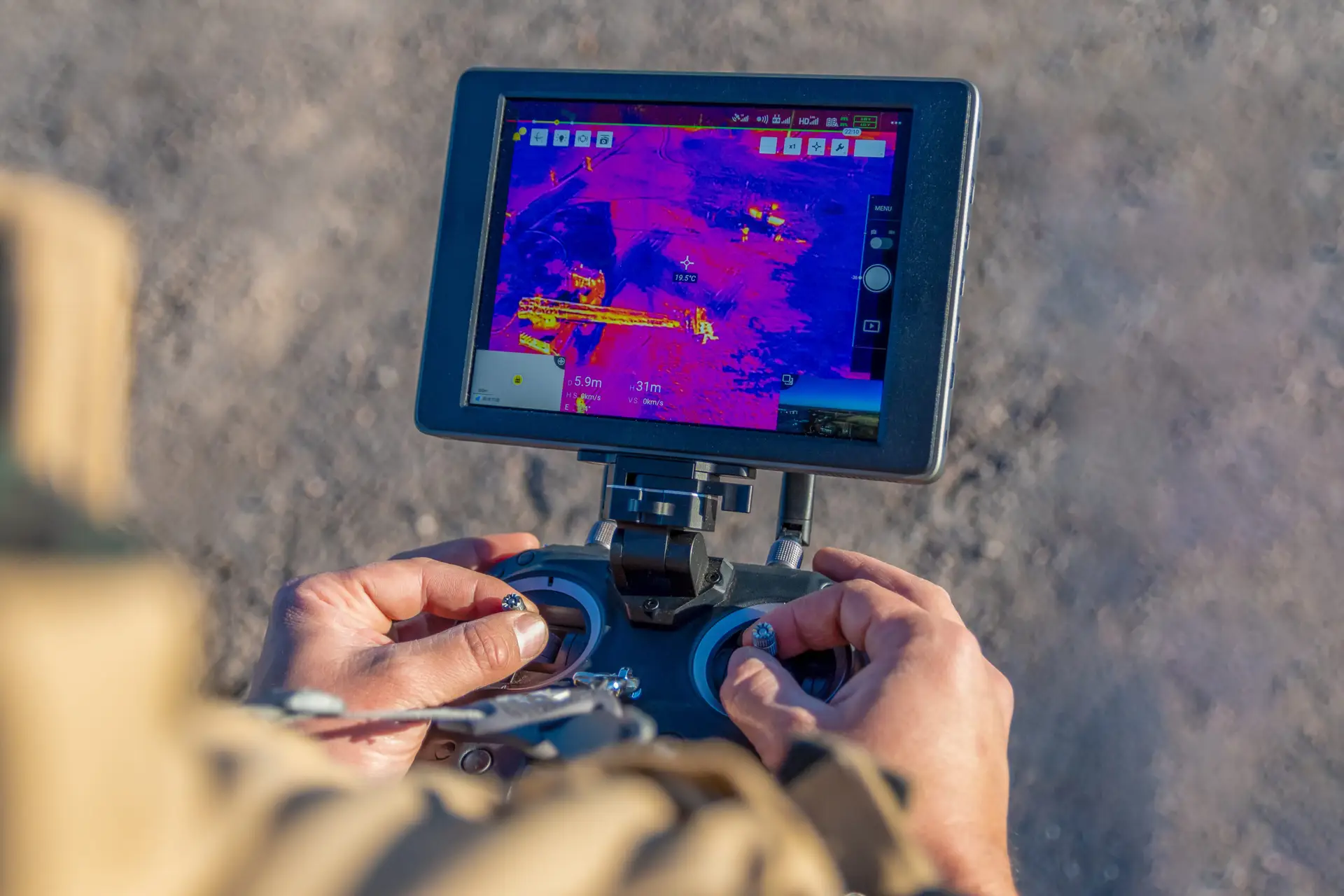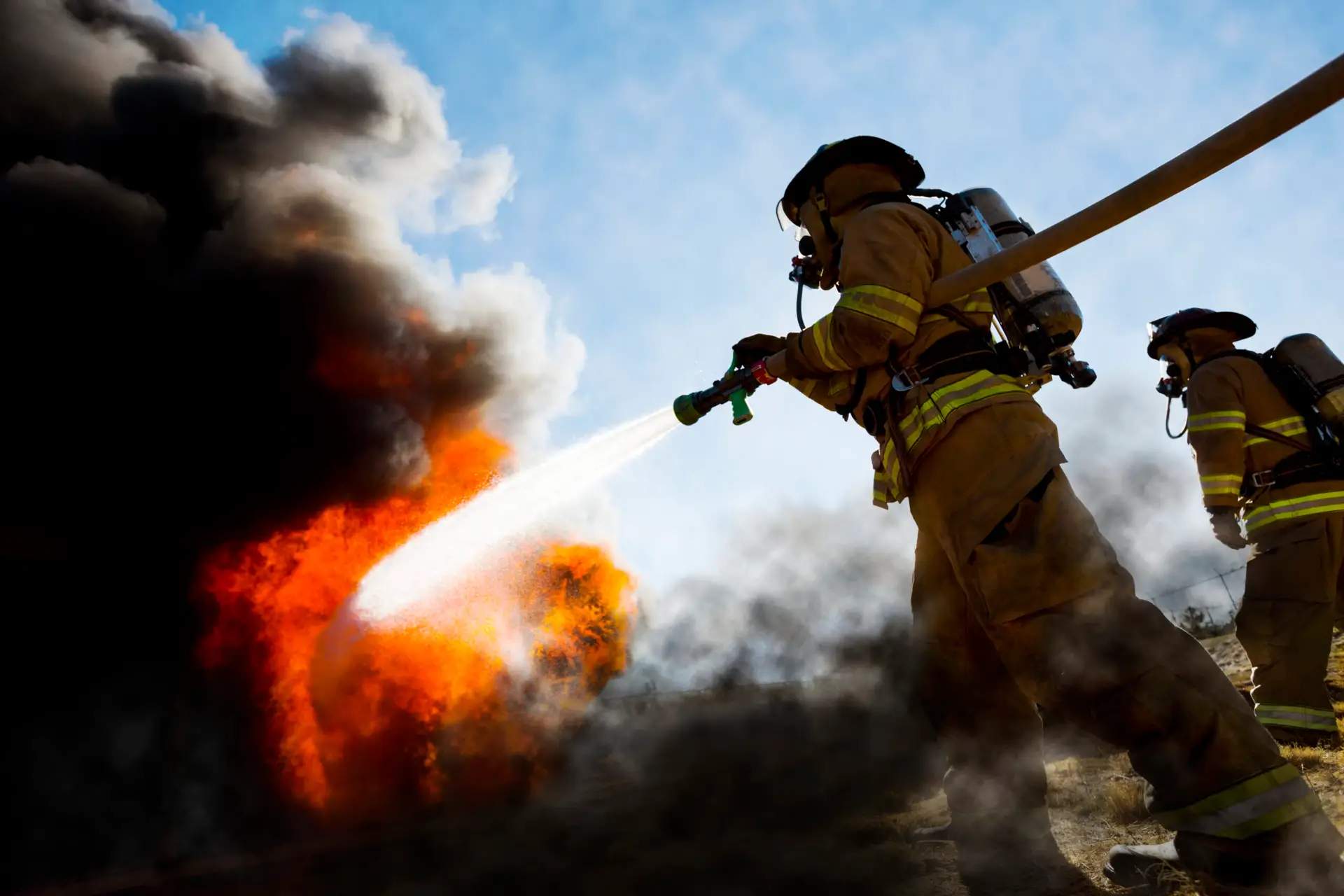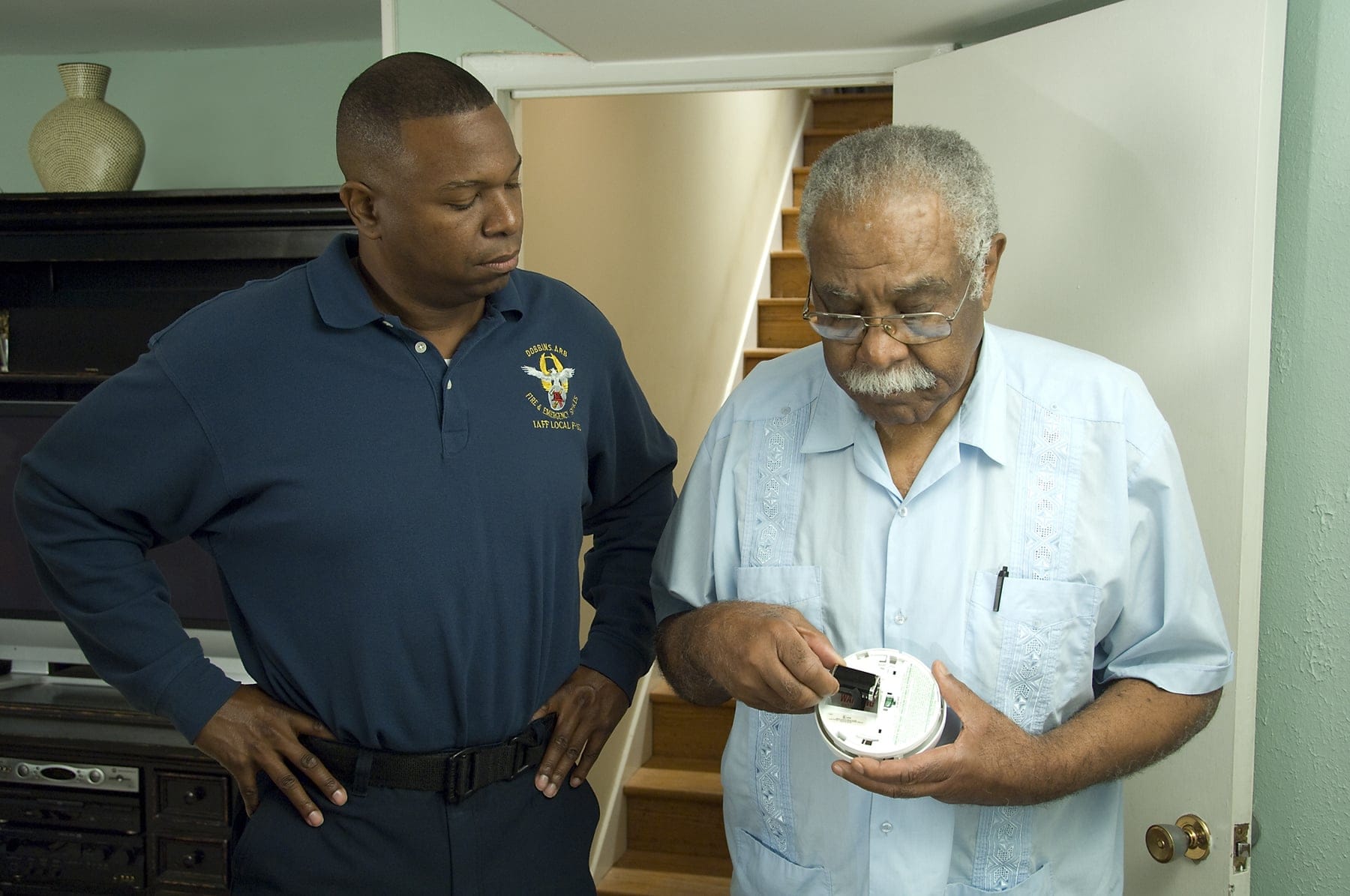Leading the Way
Establish consistent leadership practices that empower all members to model survival-focused behaviors and promote a culture of growth and resilience.
Related Pillar and Perspective:
- Survival Culture and Leadership
- Practices and Standards
Inside the New Firefighter Life Safety Initiative 2
Combines these original initiatives:
- Response Policies
- Empowerment
- Cultural Change
Credit Hours: 1 Hour
Learn how the 16 Firefighter Life Safety Initiatives is an integral part of reducing firefighter fatalities and injuries.
Credit Hours: 1 Hour
Discover how a balanced approach of leadership can help prevent firefighter fatalities and injuries with practical and specific tips.
Credit Hours: 1 Hour
Better understand and support the needs of family members and fire service survivors after a line-of-duty death. Also, learn how to create a plan for your fire department in case of a line-of-duty death.
Credit Hours: 1 Hour
Assist civilians when they are in crisis with proven principles including ensuring their safety, understanding their individual needs, meeting those needs, and promoting the connectedness and self-efficiency needed for recovery.
Credit Hours: 1 Hour
This module covers the foundational principles of a peer support program and direct users to resources that can help them design and establish a peer support program in their department.
Credit Hours: 1 Hour
Gain a better understanding of the interpersonal skills needed as a company officer. Learn tips on how to effectively communicate priorities, understanding and responding to problems and handling difficult and awkward situations.
Credit Hours: 1 Hour
Understand the fundamentals of firefighter health and safety including personal commitment to health and safety, peer to leader transition, protocols enforcement, crew resource management and related-NFFF
programs.
Credit Hours: 1 Hour
View an unscripted roundtable discussion between five fire service leaders about creating change in the fire service and leading a culture of safety. Topics discussed include: making safety a priority, handling resistance, fostering an environment of trust and risk mitigation.
Credit Hours: 1 Hour
Review the benefits of automatic fire sprinkler and alarm systems to firefighter health and safety and evaluate a set of core principles to guide a firefighter’s interaction with these systems.
Credit Hours: 1 Hour
Apply firefighter health and safety principles to violent incident response policies, standard operating procedures and training. Updated in 2021 to include responding to active shooter and civil unrest events
Credit Hours: 1 Hour
This program raises awareness about what incident commanders may face if a line-of-duty death occurs at a scene where they are in command and prepares them to face that challenge should it happen to them.
Credit Hours: 1 Hour
This module discusses the unique characteristics of wildland fire responses, the known hazard categories and safety practices that mitigate these hazards, and how to practice effective risk management.
